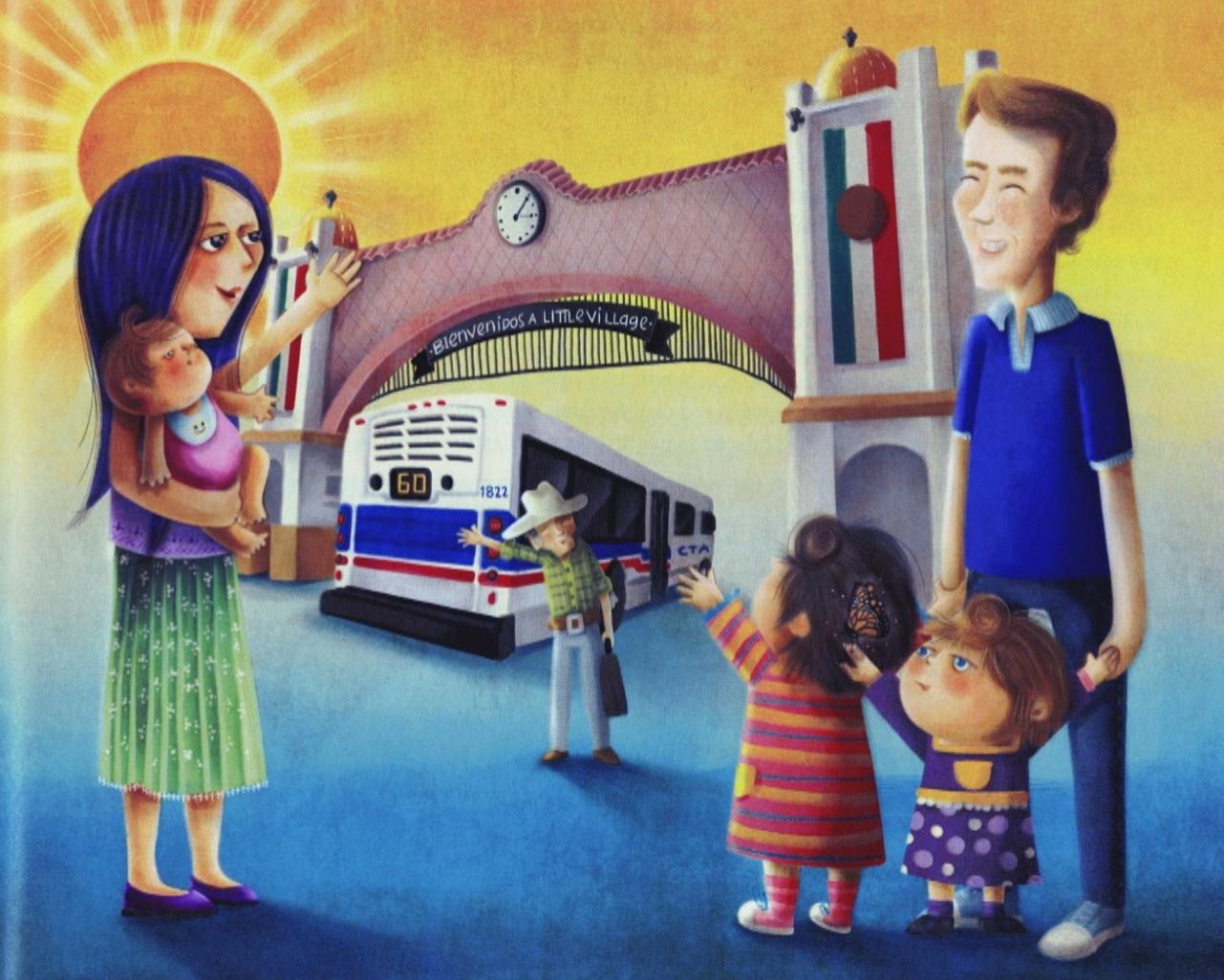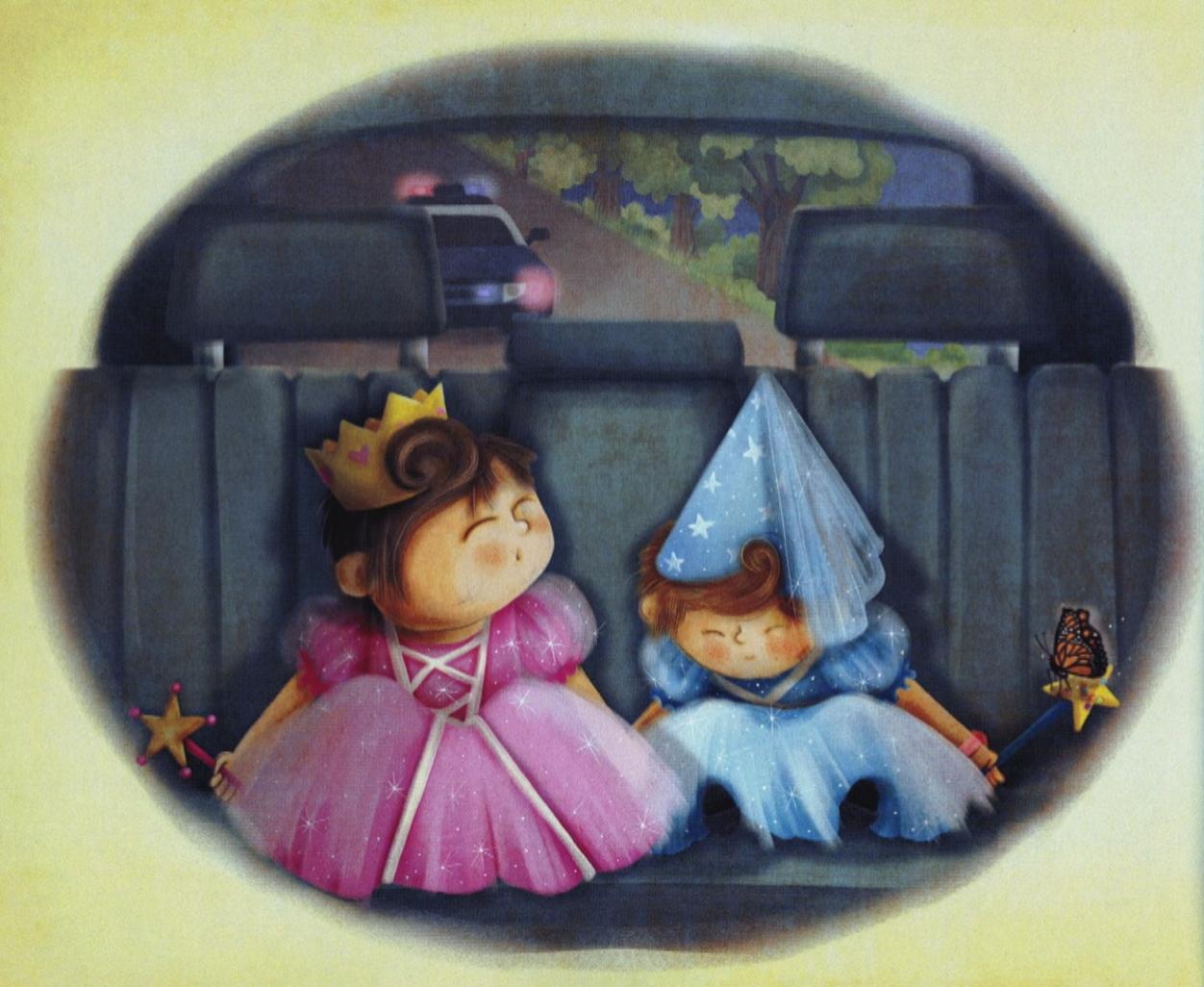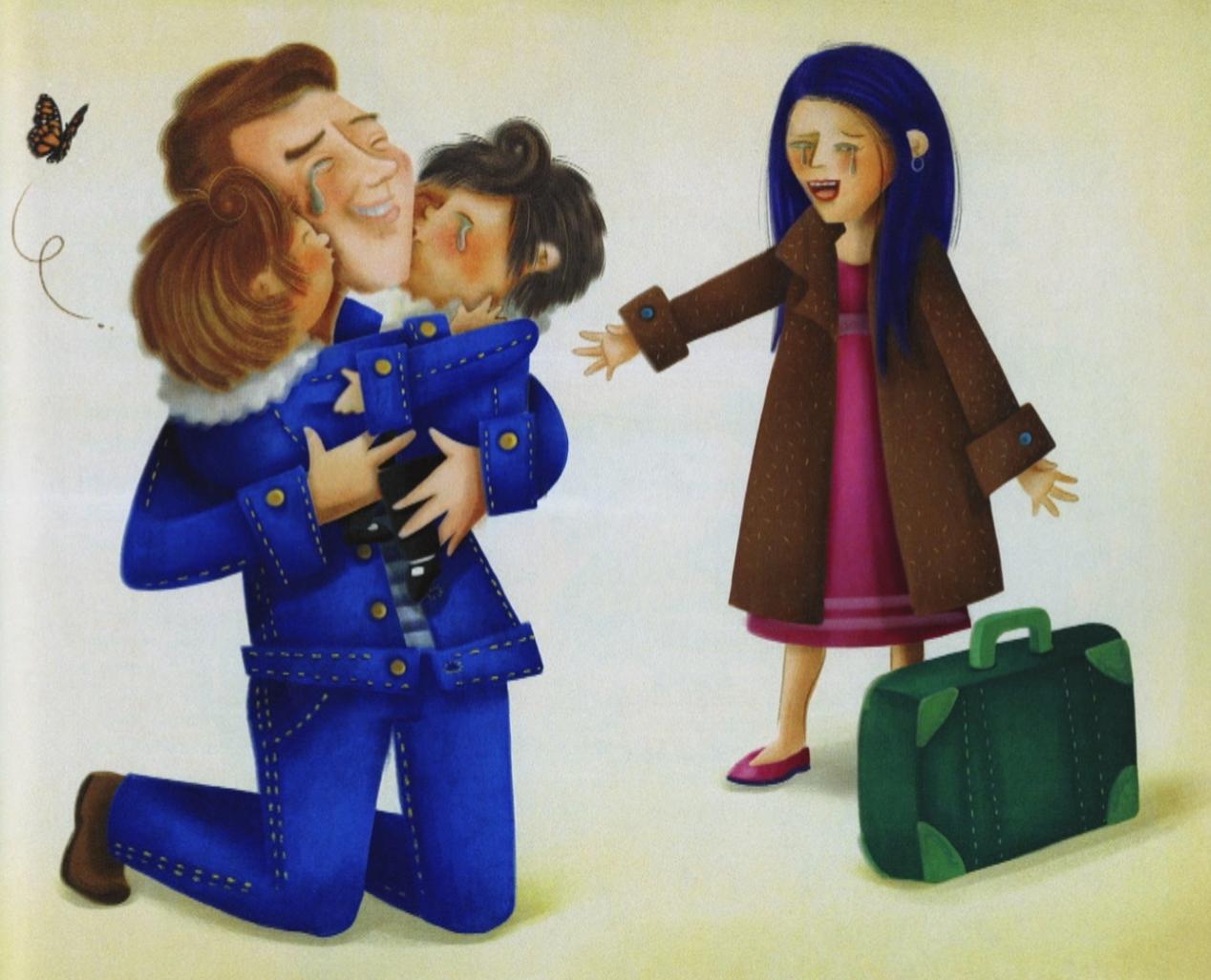In the politics surrounding migration to the United States, the decision to make that journey in the first place is often called into question. But rarely is the perspective of children of migrants, who typically have no say in that decision, considered. Chicagoan Margarita Quiñones Peña wanted to show children that their perspectives matter, too.
In her book “Homecoming: El Viaje a Mi Hogar,” Quiñones Peña, a DACA recipient who today is a software engineer, describes the migrant journey to Chicago through her own eyes as a child coming to her new home of Chicago in 1993.
Quiñones Peña said the book came about when she wanted to give her mother a gift for Mother’s Day and decided to write down their family’s migration story. But Quiñones Peña said she wasn’t prepared for her mother’s recollection of the events.
“When she told me the reality of the border, her version was so entirely different as to what I remember,” Quiñones Peña said. “I remembered this magical journey getting dressed up as a princess for the first time to arrive in Chicago, landing here, my first time in an airplane, seeing my father for the first time in what had been maybe a year or two at that point. So all of it to me was magical. And to her, she was on her third trimester, she was crossing the border with three children being led by an 18-year-old and just with their heart in her hand and hoping for the best. She describes us running through the desert for five hours, landing in a backyard somewhere. And just hoping for the mercy of our community.”
One of the book’s illustrations shows Quiñones Peña and her sister in the backseat of a car in princess costumes, which she said occurred as they crossed the U.S. border on Halloween night.
“I’m very fair skinned to begin with, my sister as well,” Quiñones Peña said. “… We had never celebrated Halloween in Mexico. We celebrate Day of the Dead. That night (my mother) was told if we get pulled over by border patrol, you’re their nanny and you’re taking them to a Halloween party on behalf of their parents. We were pulled over. We had our Halloween costumes. No one said a word.”
Ultimately, Quiñones Peña said she hopes the book can help children of migrants see themselves in a positive light, and inspire them to keep pushing forward in their new lives in the U.S.
“That it’s not a deal breaker, not having citizenship does not mean full stop,” she said. “I want people to understand the innocence of children following their family … whether it’s a good choice or a bad choice, you’re following your heart, you’re following your parents and you don’t know better. And I think it’s just important to humanize these children, humanize these families.”
Below are images from “Homecoming: El Viaje a Mi Hogar.”
 An image from “Homecoming: El Viaje a Mi Hogar” by Margarita Quiñones Peña. (Courtesy of Margarita Quiñones Peña)
An image from “Homecoming: El Viaje a Mi Hogar” by Margarita Quiñones Peña. (Courtesy of Margarita Quiñones Peña)
 An image from “Homecoming: El Viaje a Mi Hogar” by Margarita Quiñones Peña. (Courtesy of Margarita Quiñones Peña)
An image from “Homecoming: El Viaje a Mi Hogar” by Margarita Quiñones Peña. (Courtesy of Margarita Quiñones Peña)
 An image from “Homecoming: El Viaje a Mi Hogar” by Margarita Quiñones Peña. (Courtesy of Margarita Quiñones Peña)
An image from “Homecoming: El Viaje a Mi Hogar” by Margarita Quiñones Peña. (Courtesy of Margarita Quiñones Peña)








